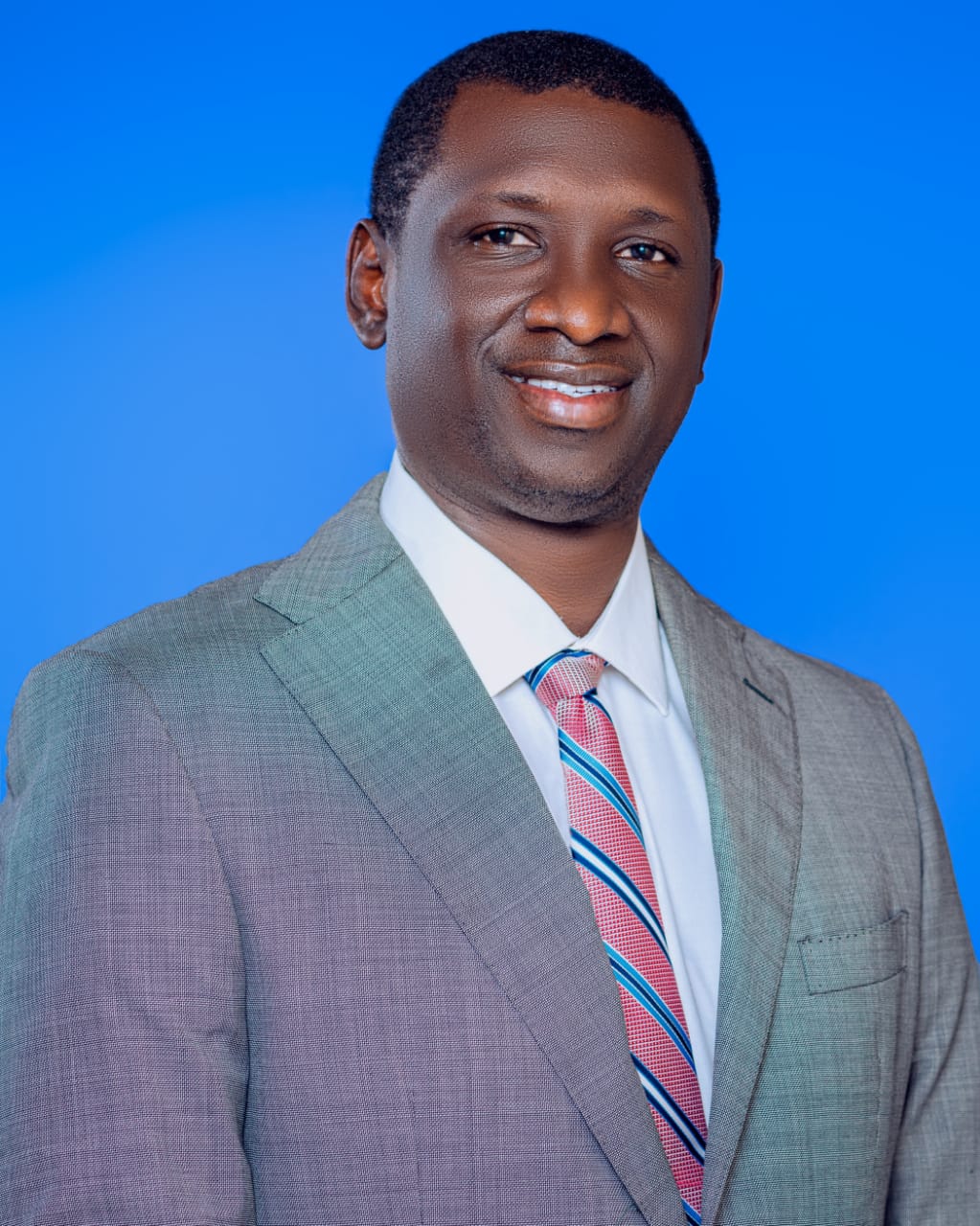By Idriss Balogun Tejan
When Dr Ibrahim Bangura sat before the cameras of Liberty TV online, many viewers anticipated another familiar political chitchat. Instead, they witnessed something far more profound: a solemn warning that is long overdue and cloaked in truth.
His words didn’t just land—they reverberated, unsettling the comfort of denial. They forced a question many fear to ask aloud: what happens when a nation ignores the signs until the ground gives way beneath it?
Certainly, there are moments in a nation’s history that arrive quietly, unannounced, and yet leave everything changed. Hope glimmers when a voice rises above the din, not loud, but resolute, like the silence before a storm.
Dr Bangura’s powerful interview continues to echo—not just as political commentary, but as a soul-stirring call for Sierra Leone to confront its moment of reckoning.
At its core, his message addresses a structural crisis beyond partisan lines. His call for national dialogue is not a rhetorical flourish—it is a moral imperative. A lifeline offered to pull a fragile nation back from the brink of division, dysfunction, and despair.
In an era fogged by cynicism, Dr Bangura stands out as a voice of clarity. He compels us to ask the most urgent and uncomfortable questions: what path are we on? And where does it lead?
Sierra Leone is not facing isolated problems. It is hovering on the edge of systemic failure. Calling it “a dangerous slope” is no exaggeration; it is a sobering portrait of lost momentum, weakened institutions, and corroded public trust.
Our democracy, once a beacon of post-conflict resilience, is fraying. Governance suffers from opacity, inertia, and a deficit of accountability. Corruption spreads. Political polarization deepens. And as exclusion replaces inclusion, the gulf between leaders and the led grows ever wider.
The consequences are real and painful. Inflation rises. Jobs vanish. Debts surge. Livelihoods collapse. Inequality festers. The youth, Sierra Leone’s greatest promise, are disillusioned, marginalized, and left to drift.
Environmental collapse adds to the burden. Unchecked mining, deforestation, and haphazard urbanization pose not only ecological threats but existential ones. Forests shrink. Rivers choke. Communities drown in broken promises. In a country haunted by the memories of mudslides and floods, this neglect is nothing short of criminal.
Other threats crowd in. The scars of the Ebola crisis remain fresh as MPOX spreads unchecked. The health system is under siege. Meanwhile, a rising tide of narcotics trade tightens its grip on vulnerable youths, with whispers of high-level complicity growing louder.
This is no mere list of failures. It is a reflection of something deeper: the collapse of civic responsibilities, the erosion of shared purpose, and the fading pulse of hope.
Dr Bangura is right. Sierra Leone needs a reckoning—an inclusive, fearless conversation that invites every voice: silent and outspoken, privileged and forgotten, young and old. His conviction is not abstract. It is born from grief and lived experience. He spoke of a mother lost to breast cancer in 2009, and a brother claimed by Malaria in 1994—tragedies that, decades later, remain heartbreakingly common. What afflicts the man in the east, he reminded us, afflicts the man in the west. Suffering, like justice, knows no geography.
Yet, the slope can be scaled. With vision, resilience, and unity of purpose, Sierra Leone can reshape its future. The choice is clear: renewal or ruin. Time is short. The future won’t wait. It demands courage.
This is why Dr Bangura’s call for dialogue must not be dismissed as idealism or theatrics. It is a rallying cry to a nation on the edge. True dialogue is not just speech—it is listening, remembering, and choosing a shared destiny.
The stakes are no longer abstract. Systems are faltering. Disillusionment thickens the air. But in honest conversation lies the seed of reconstruction. We must come together, not as rivals, but as citizens ready to rebuild dignity and trust. Because here is the truth: nations do not fall in silence. They fall when voices grow quiet, and ears stop listening. The silence must end. The time is now.
As Basita Michael once reflected at the Bintumani III Dialogue in 2018, the national conversation Dr Bangura calls for must not repeat past exclusions. It must be truly inclusive. Dr Ibrahim Bangura embodies that inclusivity.
As the opposition All People’s Congress (APC) prepares for its National Delegates’ Conference to elect a Leader and Presidential Candidate for 2028, my appeal is simple: entrust Dr Ibrahim Bangura with the chance to scale this slope with vision, resilience, and unity of purpose. He will heal, unite, and build not only the APC but Sierra Leone as a whole!


